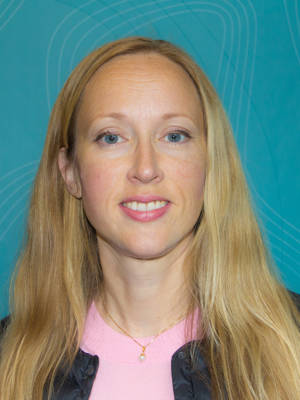In January 2021, Norway will enter into the United Nation’s Security Council (UNSC) together with Ireland, Kenya, and Mexico that all have proclaimed Women, Peace, and Security (WPS) to be a core priority. In fact, WPS has increasingly become a proclaimed part of many UNSC members’ strategic policy interests (Basu 2016). Among the exiting UNSC members, Germany and South Africa (in the UNSC 2019-20) have consider women’s participation in conflict resolution, protection from conflict-related sexual violence, and gender mainstreaming, as key. Other examples are Vietnam (2020-21), Peru (2018-19), Uruguay (2016–17), and Spain (2015-16), to mention a few among many distinguished others. However, even though WPS is of growing importance for many elected states, there exists a substantial gap in our knowledge of the strategies and goals of elected UNSC members overall, and of their potential impact on realizing the resolutions on WPS in particular.
The objective of this joint PRIO-Uppsala University project is to increase our knowledge on the role of an elected member in two respects: 1) It will provide insights into a) the assessments and decisions involved in forming the elected member’s aims and strategy, and b) the tactical manoeuvring of the conditions which affect an elected member’s efforts to promote WPS within the UNSC’s responsibilities and processes. 2) It will demonstrate a) how the effects of an elected member’s actions on the WPS trajectory can be understood, and b) outline a model for assessing progress on integration into UNSC’s responsibilities.
To fulfil this objective, the project studies Sweden’s period in the Security Council (2017–18). In the Council, Sweden aimed to contribute to WPS becoming more integrated in ‘core Security Council business’. This meant that it targeted the UNSC’s everyday work for international peace and security with a particular eye to strengthening women’s participation. In order to generate knowledge based on the Swedish experiences, we build on existing research from primarily two fields: Research focusing on the UNSC and research on state efforts on WPS. This research underlines that knowledge must be generated with an awareness that the possibilities for an individual elected member to affect UNSC policy outcomes, such as the specific formulations of a resolution, have always been constrained. An elected member constitutes only one state out of a total of 15 of varying strengths, priorities, and resources. Even more limiting, the Permanent five states have a right to veto resolutions combined with their long-term institutional presence which provide them with direct power over decisions and, indirectly, procedural mastery.
In the analysis, we combine qualitative and quantitative material. The qualitative material is based on semi-structured interviews using a standardized interview guide and a strategic sampling strategy complemented with secondary sources. The quantitative part of the study then places Sweden’s efforts in the context of the WPS trajectory by coding WPS language in the universe of UN Security Council Resolutions from 2016 to 2019 (N=184). We focus on UNSC resolutions as these constitute the highest-ranking UNSC outcome from the core UNSC processes Sweden sought to affect and are the basis for Council actions.
The project is funded by the Norwegian Ministry for Foreign Affairs and with contributions by the Folke Bernadotte Academy, Sweden. It is conducted as an collaboration between PRIO (with Louise Olsson (co-project leader), Patty Chang, and Torunn Tryggestad), and the Department of Peace and Conflict Research at Uppsala University (with Angela-Muvumba Sellström (co-project leader) and Peter Wallensteen).







